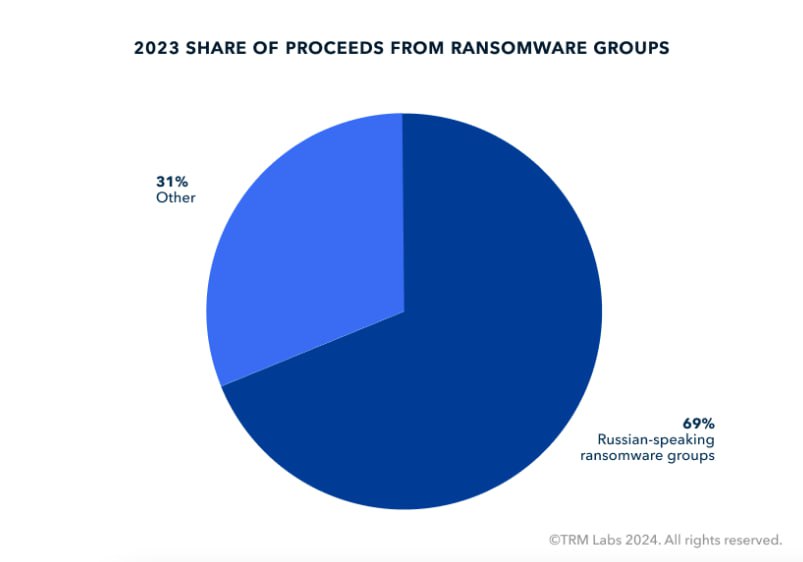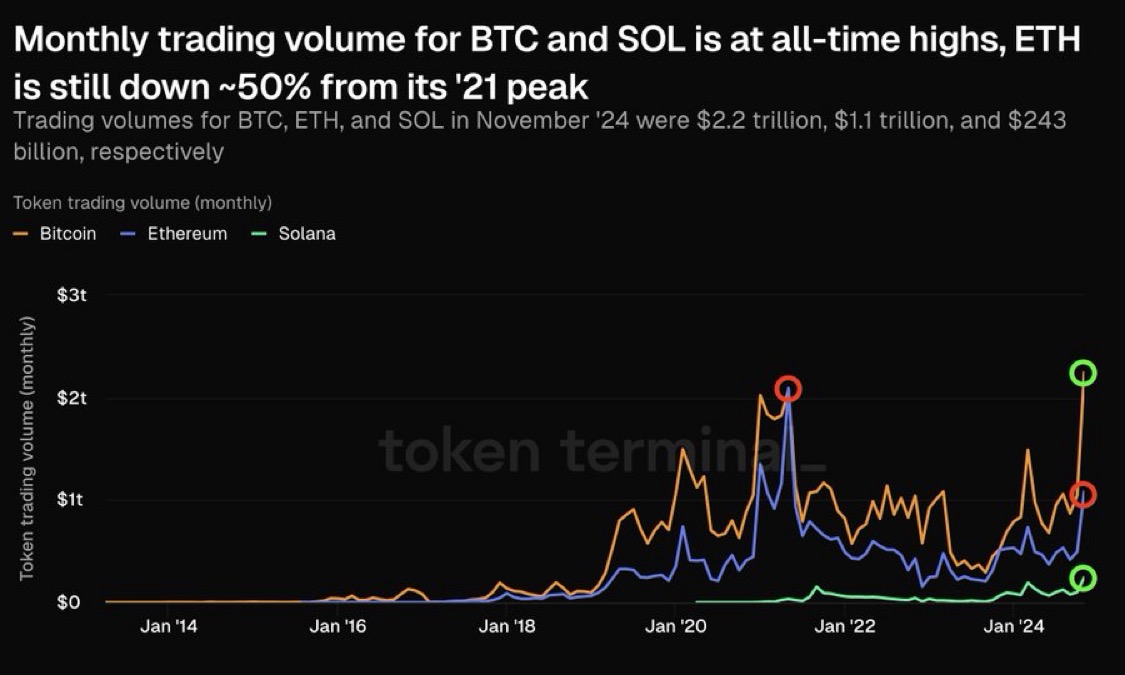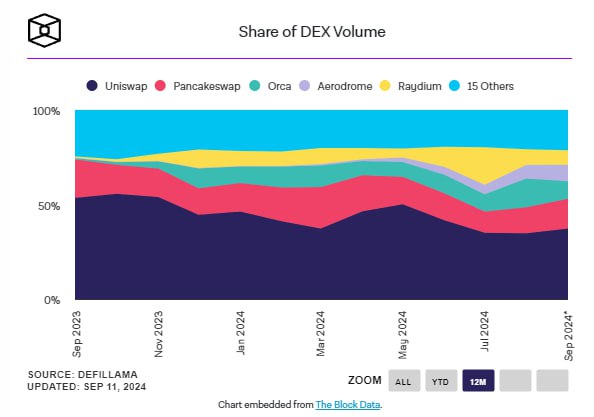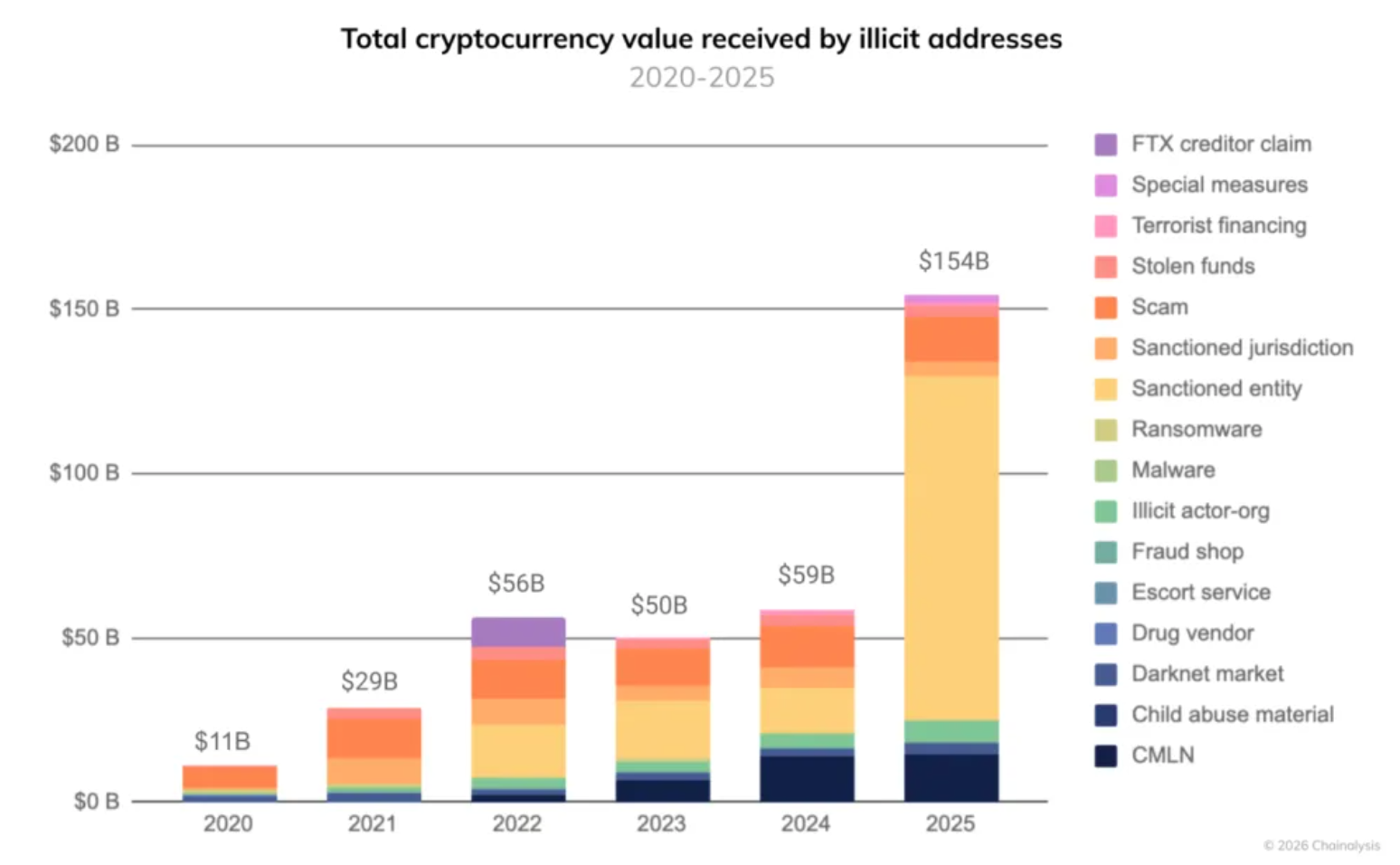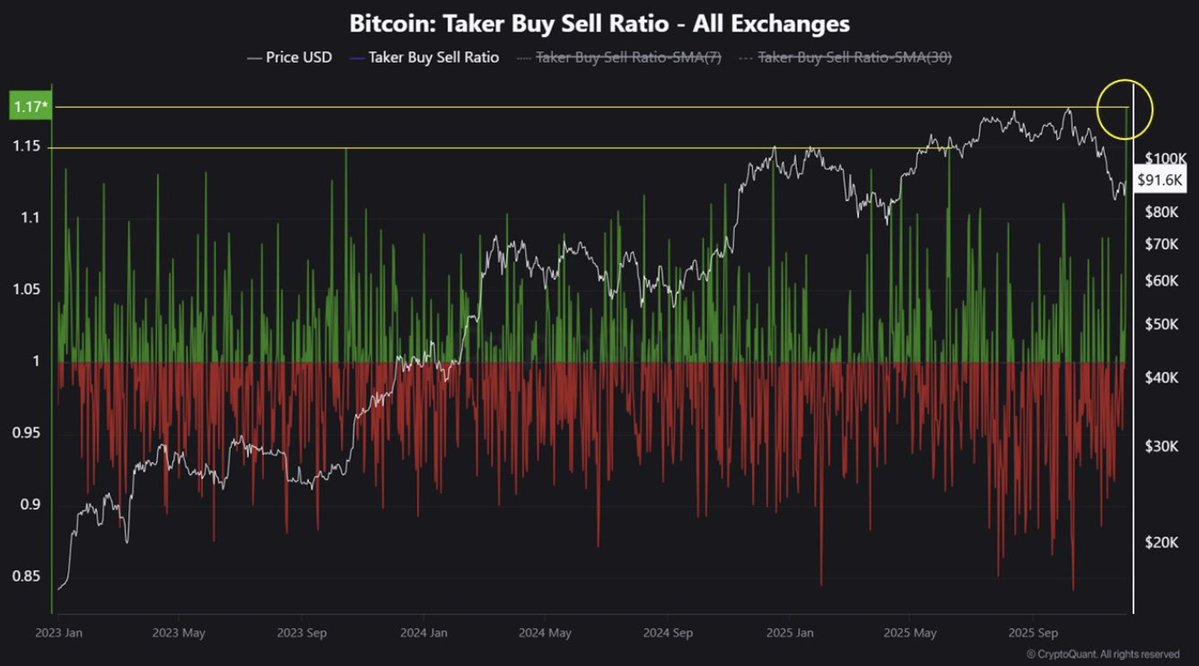Executives of cryptocurrency companies are raising alarms over a growing wave of violent attacks aimed at extorting access to digital assets — not just from them, but also from their families. As the value of cryptocurrencies rises and personal data leaks become more frequent, a dangerous trend known as “wrench attacks” is gaining momentum. These attacks involve physical coercion instead of digital hacking, often resulting in kidnapping attempts and violent extortion. The Wall Street Journal reports on the growing concern.
A recent incident in France highlights the seriousness of the threat. On May 13, in Paris’s Le Marais district, three masked assailants attacked the daughter of Paymium exchange founder Pierre Noizat. Armed with gas canisters and a fake gun, they tried to force the woman and her child into a van. Her husband intervened and was struck in the head during the struggle, while a neighbor managed to get the child to safety. The attackers fled when nearby residents rushed to help.
This is just one of five similar cases reported in France in recent months. In Estonia, an Australian crypto billionaire narrowly escaped a kidnapping attempt. In Houston, Texas, a female crypto influencer was assaulted at night by criminals demanding her laptop.
“People are going back to a ‘hide gold under the mattress’ mentality — but that won’t protect you from real-world threats,” said Jameson Lopp, co-founder of Casa, a company that specializes in crypto security.
The rise in physical violence coincides with Bitcoin’s price surge and repeated personal data breaches. In 2020, hackers exposed the addresses of over 272,000 Ledger customers after breaching its database. A similar incident later hit Kroll, exposing Genesis client data. These leaks are now widely circulated on the dark web and used to locate high-value targets.
“Younger generations are adept at doxxing — they connect dots across leaks to identify victims,” explained MetaMask researcher Taylor Monahan.
France Responds with Security Measures
On May 14, French Interior Minister Bruno Retailleau met with crypto industry representatives to discuss enhanced security protocols. He acknowledged that attackers often recruit accomplices via Telegram while remaining anonymous themselves. Retailleau proposed new legislative and law enforcement measures to combat the growing threat.
One of the most shocking cases occurred in January, when Ledger co-founder David Balland was kidnapped. The criminals cut off one of his fingers and demanded €10 million in USDT as ransom.
In response, many in the crypto community have taken steps to protect themselves:
- Hiding or deleting social media profiles
- Removing wallet addresses from public registries
- Hiring private security and using multi-signature wallets
Pierre Noizat called on regulators to reconsider mandatory disclosure requirements for client data, noting the increased risk posed by leaks.
“How many more entrepreneurs will consider leaving a country that can’t protect its own citizens?” wrote former Ledger CEO Eric Larchevêque, describing the situation as the “Mexicanization” of France.
Global Incidents Continue
On May 15, Coinbase confirmed a breach involving insider collusion — a foreign support agent was bribed, leading to the theft of user data. The attackers demanded $20 million, but Coinbase refused to pay and launched countermeasures.

